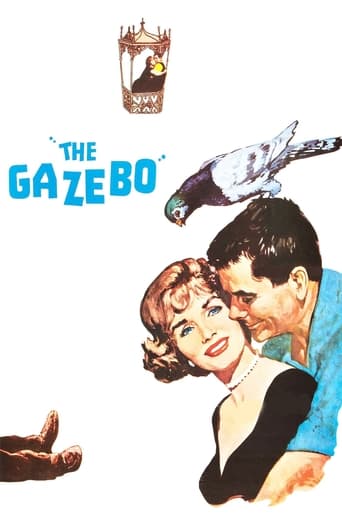


The Gazebo
TV writer Elliott Nash buries a blackmailer under the new gazebo in his suburban backyard. But the nervous man can't let the body rest there.
-
- Cast:
- Glenn Ford , Debbie Reynolds , John McGiver , Doro Merande , Mabel Albertson , Carl Reiner , Bert Freed


Similar titles

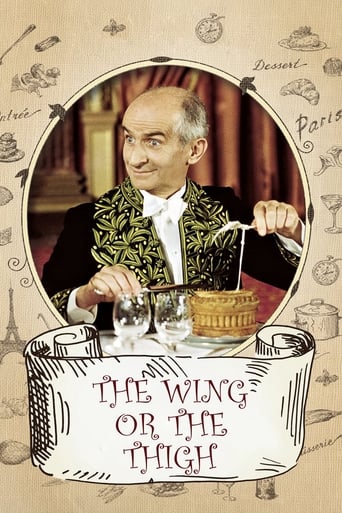
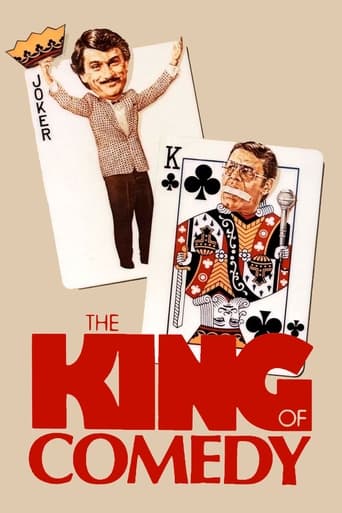
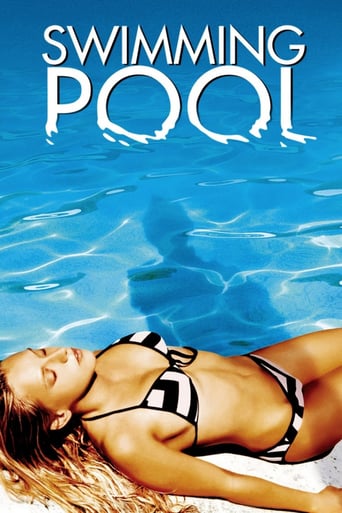
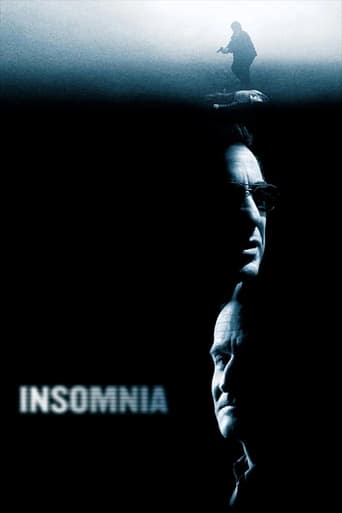
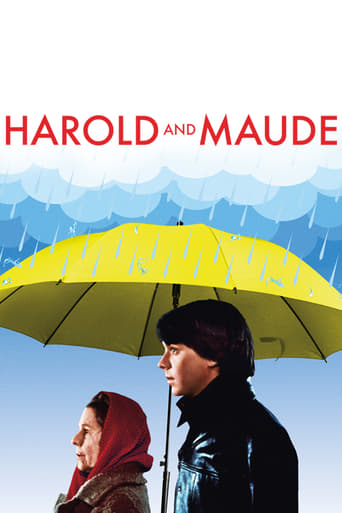
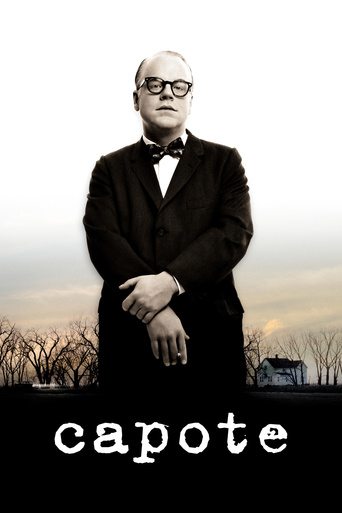
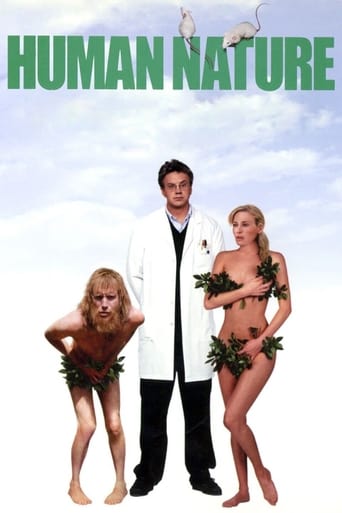
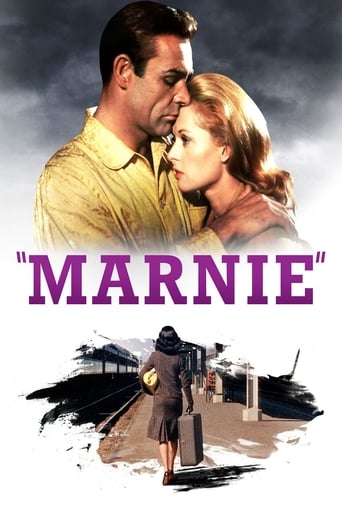
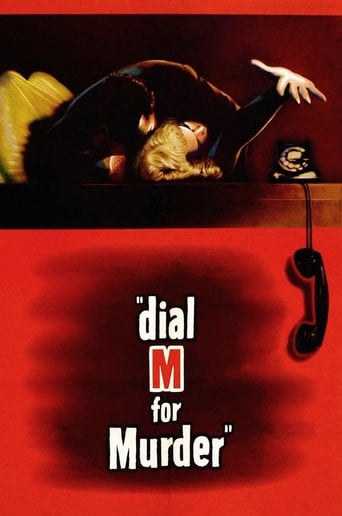
Reviews
Sadly Over-hyped
It is a performances centric movie
It's funny, it's tense, it features two great performances from two actors and the director expertly creates a web of odd tension where you actually don't know what is happening for the majority of the run time.
The story, direction, characters, and writing/dialogue is akin to taking a tranquilizer shot to the neck, but everything else was so well done.
I dislike comedies in which the actors' performances fairly scream at you: "Hey, this is a *comedy*, you know? We're supposed to be *funny* here! So, go ahead and *laugh*, will you?" Unfortunately, _The Gazebo_ falls into this category. I for one don't think human life as such needs embellishments in order to create a comical impression on its contemplators; if you just faithfully show life for what it is, it will, by necessity, be *funny* to look at -- besides also being *tragic*, along with a host of other attributes. An artist may wish to focus on this or that side of life, preferring one or the other point of view; while highly accomplished artists may even wish to portray two seemingly *incompatible* aspects of human life at the same time, so that a work of art is then *funny* and *tragic* at the same time, just like human life often is. *That* is supreme art. In any case, there is no need to *embellish* anything, to step away from *realism* the way the actors do it in _The Gazebo_ from the opening minute to the last.Whenever this happens on a consistent basis in a movie -- this intentional withdrawal from reality -- it is the director who bears responsibility. And so, I disagree with George Marshall's take on _The Gazebo_. Yes, all the actors here, most noticeably the two leads, Glenn Ford and Debbie Reynolds, are supremely accomplished actors, professionals of the highest merit, and they definitely are "cute" to watch. But the result is not a good, fully enjoyable comedy. In fact, I mostly find fault with the performance of the two leads: because neither Ford, nor Reynolds lend credibility to their 2 characters, as they are simply and obviously *actors playing parts*, trying to elicit laughs from the audience. Yes, they manage to do so quite frequently even for me (such as Ford viewing the havoc in his living room "upside down" from between his own legs, pushing his hanging tie aside for a better view; Ford drawing a flashlight circle on his living-room wall around another flashlight reflection dancing there). But an amassment, or sum total, of such funny moments isn't enough for a truly satisfactory comedy for me. If you feel a disconnect from the main characters -- and I do, from the very beginning, because they are so artificial -- well, all the shenanigans won't save the movie.I'm afraid _The Gazebo_ got off on the wrong foot from the very start: Glenn Ford, and George Marshall as the director, set the wrong tone for everything in that in the opening scenes, Ford as a supposedly stressed and neurotic TV director, is *not* credible; his neuroticism does not ring true; you're painfully aware you're observing an *actor playing his part*, one that is supposed to be "funny", because this is a "comedy". Is there a greater omission for an actor, than to fail to be *convincing* in the portrayal of the person he or she is supposed to portray? If you're not *convincing*, it doesn't matter how cute or funny or beautiful you may be otherwise -- you didn't get the actor's *main* job done.There is an even more awful character than the two lead ones: I mean the housekeeper played by Doro Merande, who keeps hollering at everyone. On the first one or two occasions we meet her, the resulting "joke" is so-so; afterwards, each of her appearances (including the one by proxy, on the phone) only gets more awkward. Can you say "far-fetched", and "milking the same old joke"? The movie's brightest side? Why, of course it's John McGiver in the role of a contractor putting the gazebo in its place; if anyone can be fully believed in _The Gazebo_ and portrays a genuine human being here, it's McGiver. A terrific, nuanced performance; McGiver does not need to do anything "extra" to be funny; he is who he is -- the character he plays in the movie; and that by itself is funny enough; I wish *everyone* in _The Gazebo_ was like that. I also enjoyed Carl Reiner's smart, and pretty understated, performance as the D. A. Understatedness is what Debbie Reynolds, but particularly Glenn Ford and George Marshall were missing in _The Gazebo_. Perhaps they were afraid that in being understated, they would not be "funny enough"; as it is, however, they just *try too hard* to be funny, which is at least as bad as not being "funny enough".For another plus, the movie is visually impressive. Made in exquisite Cinemascope black & white at a time (late 1950s) when movies of this sort were expected to be produced in full colour, it was an excellent choice that suits the action of a "black comedy" perfectly. The Oscar-nominated costume design by Helen Rose deserves every praise.
As of this writing, Glenn Ford is still with us, living in retirement. He has never, except from his fans and fellow actors, received the recognition his honest acting abilities in drama or comedy have fully deserved. His performances in "Experiment In Terror" and "The Blackboard Jungle" and "3:10 To Yuma" fully show his firm handling of dramatic material. He was a superb psychotic villain in "The Man From Colorado". He held his own with Rita Hayworth and George Macready in "Gilda". And for comic gems let me suggest "The Rounders" (holding his own with Henry 0Fonda, Chill Wills, and his old film friend Edgar Buchanan), "Teahouse Of The August Moon", and this film. For some reason the New York Times film critics always slam "The Gazebo". I can't tell why. It may be because those comedies traipsing on dark matters like murder seem to need an element of elegance (in some quarters) to be rated highly. But how many "Kind Hearts And Coronets" or "Monsieur Verdoux" films can there be? THE GAZEBO is certainly bereft of elegant villains like Dennis Price and Charlie Chaplin, but it does draw us into the hero's real problems.Elliot Nash (Ford) is a hard-working producer, whose wife Nell (Debbie Reynolds) is an equally hard worker performer. Nash has been receiving blackmail threats from a man he has never met. The man is demanding an impossibly large sum of money for pictures he has of Nell that might hurt her career. Nash is forced, in his bumbling way, to consider the only alternative (short of a miracle) to take care of the blackmailer: he must kill him. So on a night that Nell is away from their suburban home, Nash (following a step-by-step plan he even wrote down and put into his desk's top draw) arranges to shoot and kill the blackmailer and to bury the body. He had originally intended to simply bury it in the back yard, but Nell has accidentally helped him here - it seems (for his birthday gift) she is installing an antique gazebo in the backyard, under the watchful workmanship of John McGiver. Ford drags the dead body (in an old bath curtain) into the backyard, and puts it into the foundation of the gazebo.The problems arise afterward. First, it turns out the police want to question him anyway regarding the blackmailer - it seems they found his body in his office, shot to death. They don't suspect Nash for this, but they are curious about why the blackmailer called him. Of course this leads to the issue - who is in the gazebo. Ford goes nuts trying to figure out who among his family and friends is missing. Secondly, it also brings up another matter. Elliot and Nell have a close friend, Harlowe (Carl Reiner), whom Elliot has always found a little annoying as Harlowe once was dating Nell. Now he's around prying into the relationship of Elliot and the dead blackmailer.Soon some others pop up, two goons (the leader is Martin Landau) wondering what happened to Dan - whom they knew was supposed to be visiting Elliot. Can he be the man in the gazebo? Is he the key to all this? The action of the jittery Ford is priceless, particularly in the scene where he shoots the visitor. An example: Nash has been thinking of doing some work with Alfred Hitchcock. Hitch calls (we never see or hear him) while Nash is wondering how to bury the dead man. Ford asks Hitch advise "for a plot he's working on" and Hitch helps out.The final ten minutes, when Ford is almost ready to throw himself on the mercy of the detectives (Reiner and Bert Freed, as a Lieutenant who literally louses up his own case), only to change strategies in a moment of clarity, are hysterical. I particularly hope you fully appreciate Freed's tag-line at the conclusion of the film.
Poor Glenn Ford, talk about problems! His wife is being blackmailed, and his friend, the local district attorney, would like to bed her, and is not shy about showing it. Then there's the problem of disposing of the body of the blackmailer, who he's shot, after luring him to his home. Later he discovers he's killed the wrong man! All this very, very frustrating. I particularly enjoyed the scene where Ford's calling a list of acquaintances and asking various women if they'd seen their husbands ... that is, lately? Seeing the relieved look on his face as the replies came back, yes, was pretty funny. But, this is a comedy so all works out fine at the end. I gave it a *7* -- could have picked an *8*
Ford was hilarious as a blackmailing victim who decides to end his troubles with a simple murder. From the first nothing goes right, with everything under the sun conspiring against him, as he goes nuts trying to hide the body and keep it hidden. The murder scene was a total riot.
